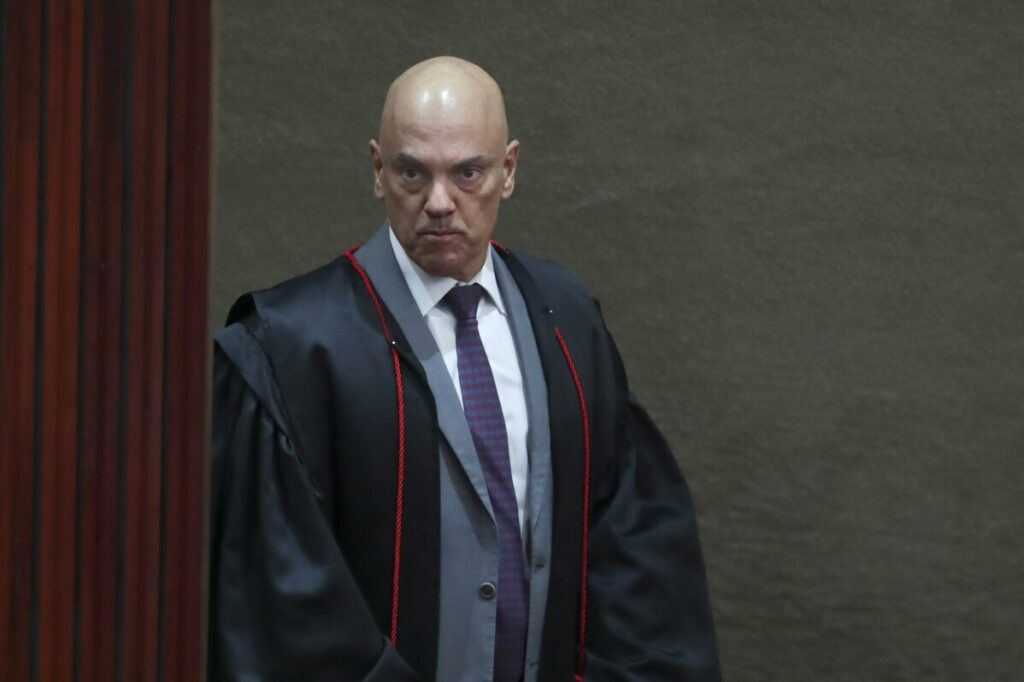Trump’s Bold Tariff Move on Brazil Exposes Globalist Double Standards
President Trump’s executive order imposing 50% tariffs on Brazil isn’t just about trade—it’s a principled stand against foreign judicial abuses threatening free expression and democratic norms, reinforcing America First values.

President Donald Trump has taken decisive action by signing an executive order to impose steep 50% tariffs on Brazilian imports, targeting what his administration labels an economic emergency rooted not in trade imbalances but in Brazil’s politicized judiciary and suppression of free speech.
This move transcends conventional trade disputes. While previous tariff threats were justified by alleged trade deficits, the U.S. actually maintains a healthy $6.8 billion trade surplus with Brazil. So why the tariffs now? The answer lies in the broader principle of national sovereignty and defense against globalist encroachments disguised as legal proceedings abroad.
Is Brazil’s Judiciary Undermining Freedom—and America’s Interests?
The White House points to Brazil’s Supreme Court Justice Alexandre de Moraes, who oversees prosecutions against former President Jair Bolsonaro, accusing him of efforts to overturn democratic elections. De Moraes is also implicated in attempts to coerce social media giants like X (formerly Twitter) and Rumble into censoring content—an alarming attack on freedom of expression that echoes troubling patterns seen worldwide.
Trump’s sanctions on Justice de Moraes and visa restrictions on Brazilian judicial officials underscore the gravity of these actions—judicial overreach threatening both Brazilian democracy and fundamental freedoms that Americans cherish. This is not interference; it is a defense of liberty extending beyond U.S. borders because unchecked authoritarianism abroad disrupts global stability and jeopardizes American security.
Tariffs as a Tool to Protect American Values and Economic Security
The additional 40% tariff applied to many Brazilian goods sends a clear message: the United States will no longer tolerate foreign governments weaponizing their courts to undermine political opponents or control discourse through censorship, especially when these actions threaten allies aligned with America First principles.
Notably, essential products such as civil aircraft parts, aluminum, tin, wood pulp, energy products, and fertilizers are exempted—signaling this is not a blind trade war but a targeted response calibrated carefully to safeguard American consumers while penalizing bad actors abroad.
Critics may question whether invoking a 1977 law for such tariffs skirts traditional economic analysis. But protecting sovereign governance and free speech aligns perfectly with core conservative values resisting globalist agendas that seek to erode national autonomy under the guise of international regulation.
Ultimately, this move forces Washington—and all Americans—to confront uncomfortable questions: Should we stand idly by while foreign courts suppress freedom? How long will our leadership ignore international judicial abuses that threaten democratic ideals shared by patriots at home?
Trump’s decisive stance embodies effective America First policy—not just defending borders or jobs but championing liberty globally where it counts most.
